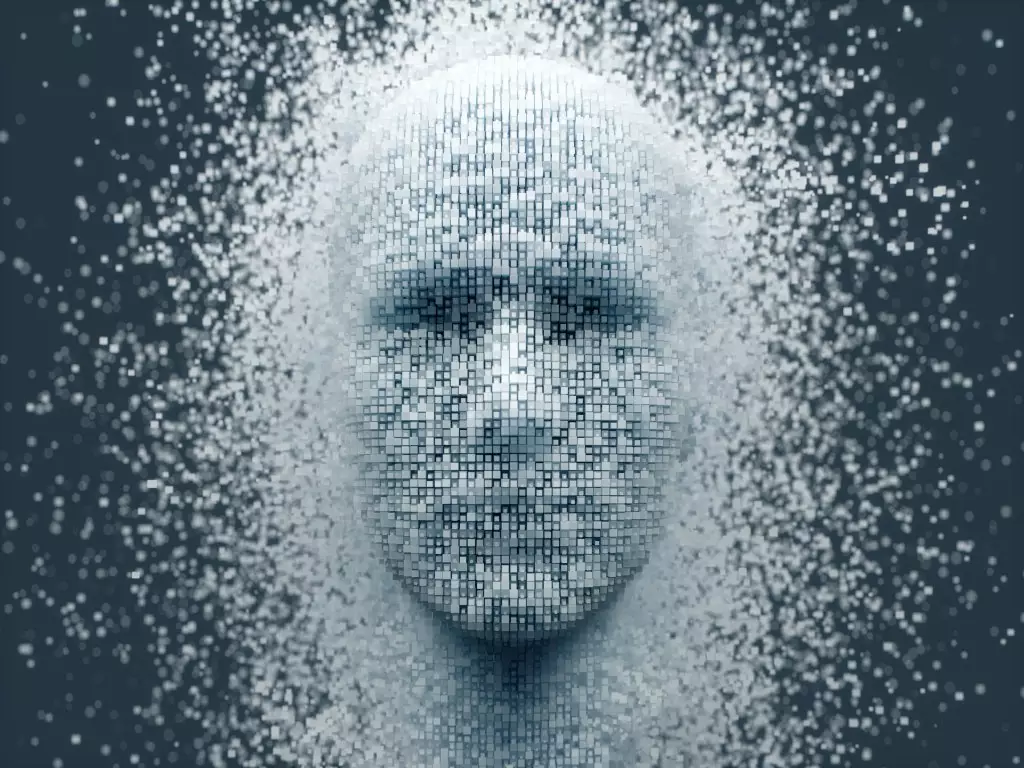The world we inhabit is increasingly defined by the presence of artificial intelligence, yet behind its innovative veil lies a darker truth, particularly for those in the creative industries. A recent open letter from Equity, the actors’ union in the UK, has laid bare the disturbing practice of digital scans being carried out without the informed consent of thousands of actors. Prominent figures such as Tamsin Greig and Alan Davies have put their names to this alarming alert, calling for urgent action to protect performers from potential exploitation that could erode their very existence.
This isn’t just a matter of protocol; it is a fundamental question of rights—the right of an individual to control their likeness and the use of their data. It raises eyebrows that a practice so invasive could carry on under such a veil of secrecy, with actors’ performances and personal information being captured without scrutiny or explicit permissions. In an era where our privacy is at constant risk, how can it be acceptable for the very vessels of storytelling—our actors—to become collateral damage in the rush towards an AI-integrated future?
The Stakes Are High: Negotiations at a Crossroads
Equity’s letter to Pact comes in the context of ongoing negotiations that have reportedly stalled over the issue of AI safeguards. These discussions are pivotal for the future of the British television landscape, with many fearing that without stringent protections in place, the rights of the actors may be irreparably compromised. General Secretary Paul Fleming has signaled a readiness for industrial action, should discussions continue to falter, highlighting the desperation within the union. There is a sense that if these discussions collapse, it could lead to an alarming erosion of not only professional rights but also the integrity of artistic expression itself.
Equity’s commitment to ensuring protections for members is commendable, yet one has to wonder why it has taken this long for such issues to surface at the negotiating table. The sentiment of many is that the entertainment industry has been too slow to adapt to the rapid changes brought on by technology. A proactive stance regarding AI risks would have preempted much of the tension currently hanging over these negotiations.
The Broader Implications of AI in Entertainment
As artificial intelligence makes inroads into the creative realms, the nuances of its governance become critical. The fear of an AI ‘takeover’—where the digital reproductions of actors outshine real human performances—is not unfounded, and Equity’s letter outlines this concern sharply. The ramifications are far-reaching, not only threatening livelihoods but the essence of human creativity. Can an AI-generated performance ever encapsulate the human experience, the emotional subtleties, and the nuanced portrayals that skilled actors bring forth?
Furthermore, as the BBC and ITV tiptoe around the inclusion of AI clauses in their agreements, one cannot help but question their commitment to fostering a safe creative environment. By withholding these safeguards, they send a message that profits trump the protection of those who bring stories to life. This disillusionment cannot be understated.
A Call for Ethical Responsibility
In a capitalist society that often prioritizes bottom lines over human dignity, Equity’s firm stance is a clarion call for ethical responsibility within the entertainment industry. The union’s insistence on protections regarding personal data and AI training isn’t merely bureaucratic red tape; it is a profound request for respect and acknowledgment of individual artistry. The situation demands not just legal intervention but a moral framework that compels corporations to recognize that behind every digital scan lies a human being, a creative mind deserving of autonomy and respect.
The upcoming negotiations will either reinforce the entertainment industry’s status quo or usher in a new era of respect for human contributions in the age of machines. This juncture is pivotal, and it’s time to stand firm in our belief that art, in its essence, is a uniquely human endeavor. The message is clear: if we allow AI to overshadow the artistry that defines our culture, we do so at our own peril.



Leave a Reply